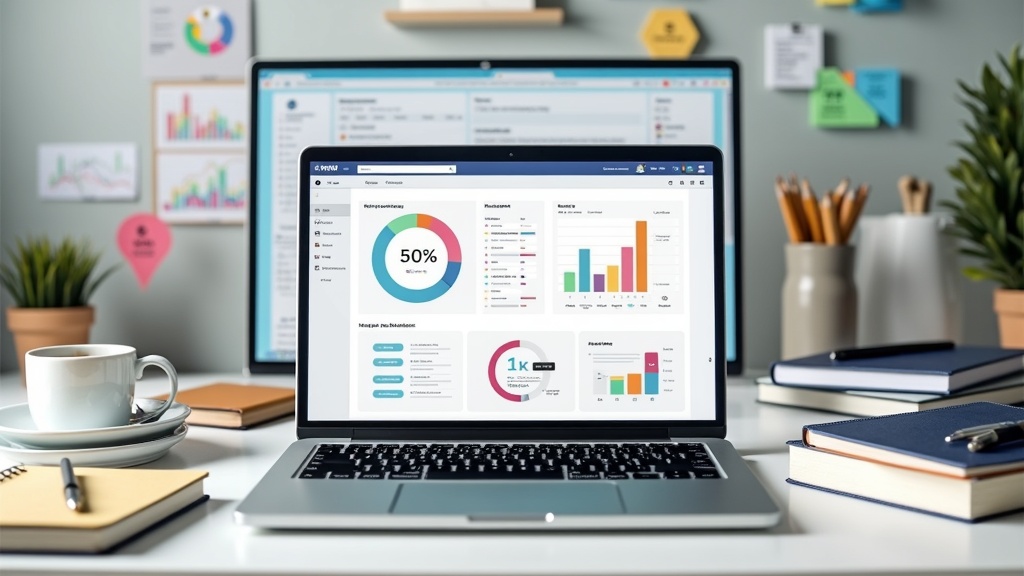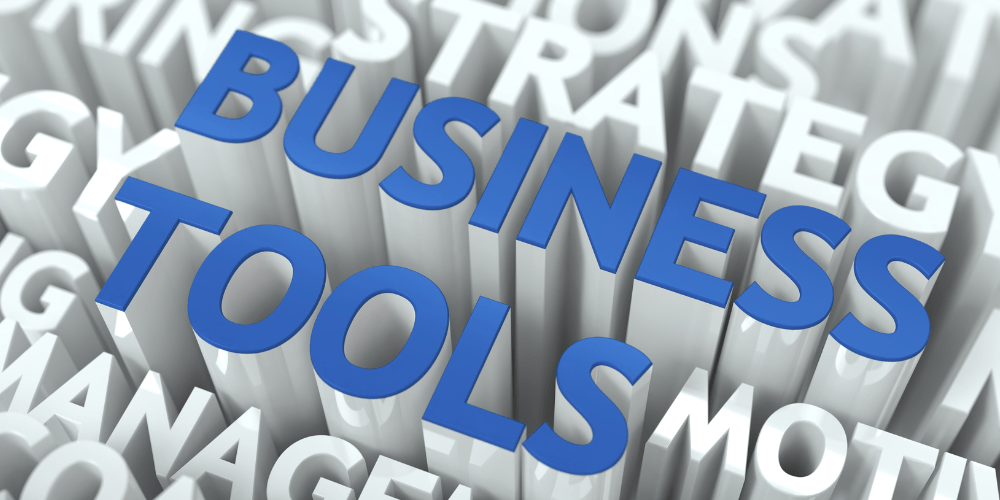Launching a new website can be an exciting and challenging endeavor.
I remember my first go at launching a site—it seemed like every decision carried extra weight, and there were always new tools or platforms to research.
After several launches, I’ve found the process gets less confusing once you know which tools really help you get off to a smooth start.
In this guide, I’ll walk you through the core tools and resources I recommend when you’re launching your website, plus how Wealthy Affiliate ties all the pieces together, especially if you want your site to do more than look pretty.

The Foundation: Picking Domain Registration and Hosting Tools
Every website needs a domain name and somewhere to call home on the web. These two pieces are your starting point, and picking the right options early can save you a lot of headaches down the line.
- Domain Registration: Your domain is your web address, so think of it as your online street address. Tools like Namecheap and GoDaddy are popular for registering domains. If you prefer keeping things simple, Wealthy Affiliate also allows you to register domains directly within their platform, which eliminates the back and forth between services.
- Web Hosting: Web hosting affects your site’s speed, uptime, and flexibility. Hostinger, SiteGround, and Bluehost all rank well, but I’m a fan of Wealthy Affiliate’s hosting myself. Their managed WordPress hosting is fast, highly reliable, and you receive 24/7 support. It takes away a lot of the technical stress.
Having both the domain and hosting handled in one platform felt like a bonus for me, especially for my earlier sites, and it took just a few clicks to get my site live. If you ever need to switch platforms, be sure to double-check what’s included with your plan and research the ease of transferring your domain if you change your mind later. That can save you headaches in the long run!
Design and Customization: Website Builders and Themes
How your site looks matters, and unless you’re a coding whiz, using an intuitive website builder really makes a difference. Most people opt for WordPress, mainly because it’s flexible and offers a wide range of themes to choose from. Here’s where the right tools come in handy:
- Content Management System (CMS): I recommend WordPress thanks to its ease of use and the huge library of plugins and themes. Most reputable hosts, including Wealthy Affiliate, offer one-click WordPress installation.
- Themes and Page Builders: Free themes, such as Astra and GeneratePress, are lightweight and fast, while premium themes like Divi or Elementor Pro elevate your design game. Having these tools gives your site a professional look without spending hours learning to code. More page builders are emerging all the time, so you can always check out newer options if you find something that suits your taste.
Wealthy Affiliate also helps here, as you gain access to hundreds of pre-installed themes, and its built-in SiteBuilder tool makes the whole process a breeze to use. If you want to set up a landing page fast, SiteBuilder is fast and user-friendly. There are also tutorials available for tweaking your themes, allowing you to add your own branding right away.
Creating Content: Editors, SEO Tools, and Media Management
Your site is only as good as the content you put on it. When I’m writing posts and pages, a good editor and some decent images make a big difference, but you’ll also want tools to help with search engine optimization (SEO).
- Text Editors: WordPress’s built-in block editor is friendly, but if you like distraction-free writing, I sometimes draft posts in Google Docs first and then copy them over. For batch writing or team projects, Google Docs collaboration makes things much smoother.
- SEO Plugins: Getting found on Google starts with smart on-page SEO. Yoast SEO and All in One SEO Pack both walk you through keywords, titles, and meta descriptions, making optimization a lot less stressful. Wealthy Affiliate offers its own Keyword Tool, which I use to pick keywords before starting an article. It helps me target specific topics and drive traffic, even to brand-new sites. If you want extra analytics, SEMrush or Ubersuggest can track down advanced keyword data.
- Media Management: Unsplash and Pixabay are some free, legal sources for images. Compress your images using free tools like TinyPNG, as large file sizes can slow down your site. Adding alt text and captions to your pictures is also suitable for SEO and accessibility, so remember to fill in those fields when you add photos to your posts.
Email, Analytics, and Back-End Tools
Some of these aren’t super flashy, but every site needs them to grow and stay safe. Overlooking them can really set you back, so it’s smart to handle them early.
- Email Setup: Setting up a custom email address that matches your domain (like info@yourdomain.com) adds legitimacy. Google Workspace and Zoho Mail both serve the purpose, and some hosting providers offer email accounts as part of your plan.
- Analytics: Knowing how people find and use your site helps you grow and adjust your approach. Google Analytics and Google Search Console are both free and packed with insight. Wealthy Affiliate’s dashboard also gives you at a glance traffic stats and ranking info, which is pretty handy for tracking your progress as you go along. Try out MonsterInsights if you want easier WordPress integration.
- Website Protection: Backups and security plugins, such as UpdraftPlus and Wordfence, keep your hard work safe from accidents or attacks. Never skip regular backups! For even more protection, consider using 2FA plugins or security checklists, or ask your host about any additional precautions they offer.
Marketing, Funnels, and Monetization
Once your site is live and looking great, you’ll want visitors to stick around (and maybe buy what you’re offering). Setting up a marketing funnel isn’t rocket science, but using the right tools really helps guide folks from casual visitors to loyal customers. If you’re launching a blog or business site, adding an opt-in offer can help you start growing your list on day one.
- Email Marketing: Building a mailing list is super important if you want to grow your audience. Tools like MailerLite, ConvertKit, and AWeber make it easy to manage signups and send out newsletters. At Wealthy Affiliate, you get training on email list building, plus tools to integrate forms with your site.
- Landing Page Creators: Funnels always need landing pages. While WordPress plugins like SeedProd or Elementor do the trick, Wealthy Affiliate even shows how to tie your landing pages into email lists and affiliate offers. You can use lead magnets—such as ebooks, checklists, or free courses—to persuade visitors to share their email addresses.
- Affiliate and Monetization Training: Earning an income from your website doesn’t happen overnight. I learned a great deal from Wealthy Affiliate’s step-by-step training on various monetization strategies, including affiliate marketing, ads, and selling digital products. Be patient as you try out new methods, and don’t be afraid to run small experiments to see what your audience responds to.
Getting Support and Community Feedback
Sometimes you need to ask a quick question or get advice after hitting a dead end. Having access to a good community can really help speed up troubleshooting and keep you motivated when you feel stuck or unsure.
- 24/7 Support: Wealthy Affiliate truly excels in this area. Whenever I’ve had a tech hiccup (like a broken plugin or a weird error message), I’ve usually gotten help within minutes. Most hosts don’t offer that kind of fast support for every user.
- Website Feedback and Peer Reviews: It’s easy to get tunnel vision when working solo. Getting honest, actionable feedback from people who already did what you’re trying to do is constructive. On Wealthy Affiliate, I can post my site for peer reviews or ask for feedback on content and design. That early input made a big difference for me.
Why I Recommend Wealthy Affiliate for Launching and Growing Your Website
This article contains affiliate links. I may receive a commission if you purchase through my links.
You can definitely piece everything together from different providers, but I’ve noticed that beginners get the best results when everything’s in one place. Wealthy Affiliate covers every step: from domain and hosting to training, support, SEO, and monetization. When I launched my first affiliate site, having everything under one roof meant I made fewer technical mistakes. Additionally, the video classes and live chat made it easier to continue making progress when I felt stuck.
It’s not just about tools. The education and real-time support helped me move from “overwhelmed beginner” to “website owner who actually makes money online.” If you want a single place to launch your site, learn how to market it, and get live support, it’s worth checking out Wealthy Affiliate.
This link is my affiliate link, and it’ll get you a free trial so you can take a look around risk-free:
Start with Wealthy Affiliate here.
Frequently Asked Questions
Here’s what people usually ask when launching a website:
What is the cost to launch a basic website?
Basic sites can run from $50 to $200, depending on your domain, hosting choice, and any paid themes or tools. Wealthy Affiliate bundles many of these under one subscription, which can simplify things and keep costs predictable. If your site requires custom features or unique branding, these costs can be higher. Start simple and add to your toolkit as you grow.
Is WordPress better than website builders like Wix or Squarespace?
WordPress offers a lot more customization and long-term flexibility, which is why I stick with it for most projects. Drag-and-drop builders are easier to use at first, but you may outgrow their features as your needs change or your site grows. WordPress also makes adding advanced tools or switching themes much simpler for larger sites.
Do I need to know how to code to launch a site?
Nope. With the right tools (especially on platforms like Wealthy Affiliate), you can launch and customize your site with zero coding. Everything you need is just a few clicks away, so you can focus on your content and your goals instead of learning technical skills unless you want to.
Website Launch Toolkit Recap
Launching a site can feel complex, but having the right tools makes all the difference. From picking a domain and hosting, to designing with easy website builders, to growing your audience with email and SEO tools—every step becomes easier once you know where to look. Even if you’re brand new to the process, combining friendly tools with good education and support lets you avoid rookie mistakes and get your site live faster. Set yourself up for success by staying organized and keeping a checklist, so you don’t skip any essential steps.
For anyone tired of tech headaches or looking for a one-stop solution, Wealthy Affiliate remains my top pick for getting started, growing confidently, and eventually building a website that brings results.
Some of the links in this post are affiliate links, which means I may earn a commission if you choose to buy through them. It helps support my blog and allows me to keep sharing helpful content—thank you for your support!

